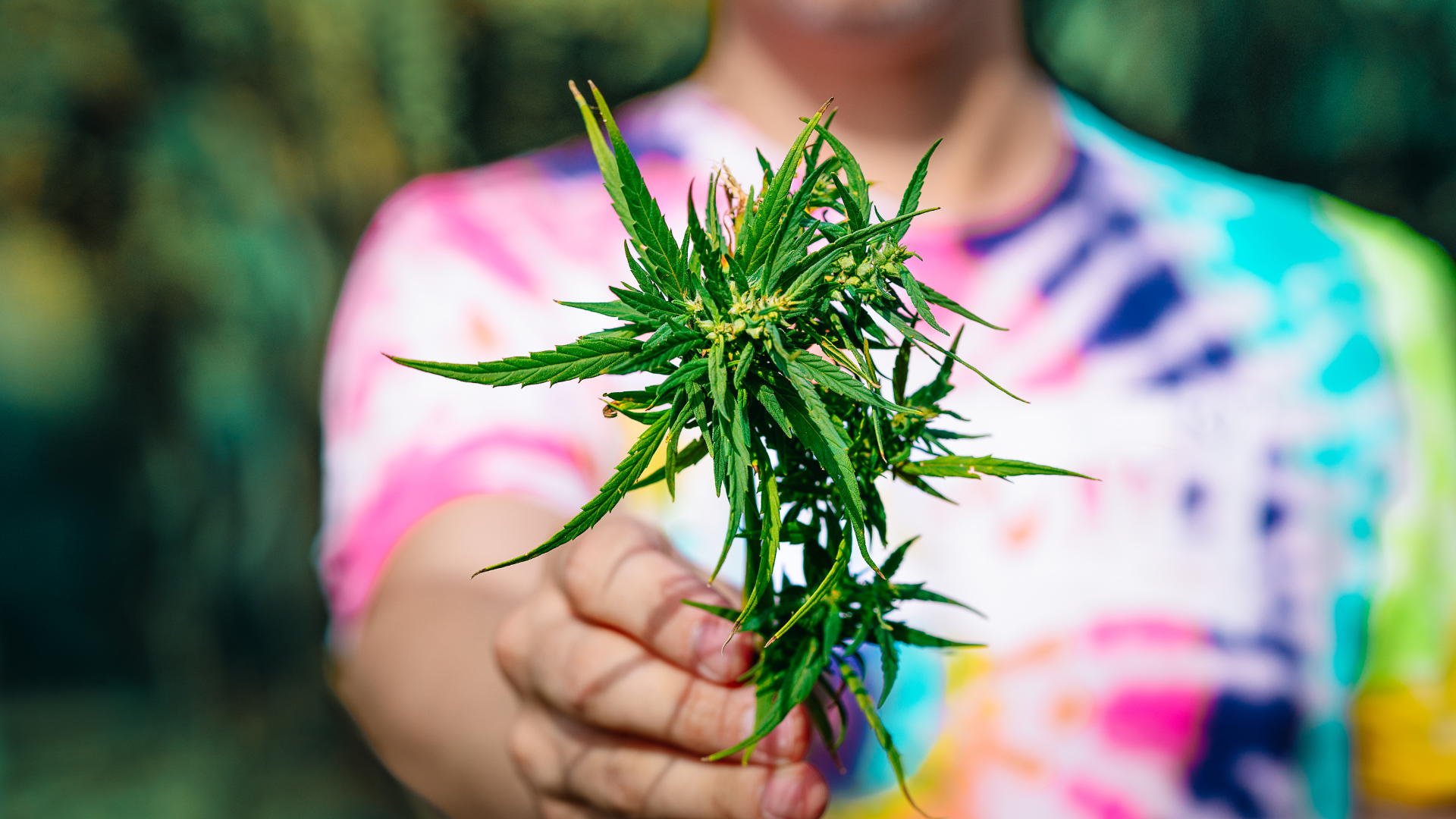Recent studies indicate a growing link between cannabis use disorders and schizophrenia diagnoses. The percentage of new cases of schizophrenia linked to these disorders has increased significantly, particularly following the legalization of cannabis in some regions of the world.
Ontario study
A study in the province of Ontario, Canada, found that before the legalization of marijuana, about 4% of new cases of schizophrenia were linked to cannabis use disorders. After legalization, the percentage rose to 10%. The study covered the period from 2006 to 2022 and took into account various stages of cannabis policy, including medical liberalization in 2015 and full legalization in 2018. More than 13.5 million Ontarians between the ages of 14 and 65 were included in the analysis.
During the period analyzed, the number of people requiring hospitalization for cannabis use disorders increased by 270%, from 1.3 per 1,000 people before legalization to 4.6 per 1,000 people after legalization. At the same time, the rate of new cases of schizophrenia related to these disorders increased from 7% to 16%. After taking into account various factors, the researchers estimated that in the post-legalization period, about 10% of new cases of schizophrenia could have been avoided if people with serious cannabis use disorders had stopped using the drug. Among men aged 14-24, the percentage was 18%.
Similar results have been found in other studies. An analysis of data from Denmark showed that heavy marijuana use can increase the risk of developing schizophrenia, especially among young men. Among men aged 21-30, the risk increased by 30%. The study was based on five decades of data and included nearly seven million people.
Controversy and further research
Despite these results, the question of marijuana’s direct effect on the development of schizophrenia remains a matter of debate. Some sources suggest that marijuana is not a direct cause of schizophrenia, but may accelerate its manifestation in people with a genetic predisposition. It is also pointed out that the age at which marijuana use begins matters – the earlier a person starts using it, the greater the risk of developing psychotic disorders.
Despite the controversy surrounding the effects of cannabis on mental health, its potential therapeutic benefits cannot be ignored. Numerous studies indicate that substances in cannabis, such as cannabidiol (CBD) and tetrahydrocannabinol (THC), can alleviate symptoms of chronic pain, reduce nausea in patients undergoing chemotherapy, and help treat drug-resistant epilepsy. In many countries, medical marijuana is also used to treat multiple sclerosis, Parkinson’s disease or post-traumatic stress disorder (PTSD).
Furthermore, CBD has been shown to have neuroprotective and anti-inflammatory effects, and some studies suggest it may even support the treatment of anxiety disorders and depression. The key, however, is how often cannabis is used and in what form – while its abuse can lead to negative health effects, controlled, medical use has tangible benefits for patients struggling with serious conditions.
The observed increase in cases of schizophrenia related to cannabis use disorders only underscores/ further underscores the need to develop effective prevention strategies, especially targeting young people. Education about the potential dangers of heavy cannabis use and monitoring its impact on mental health are crucial in the context of the substance’s growing availability and social acceptance.
Sources: rp.pl, erakonopi.pl, klinikakonopi,pl, medicana.pl






